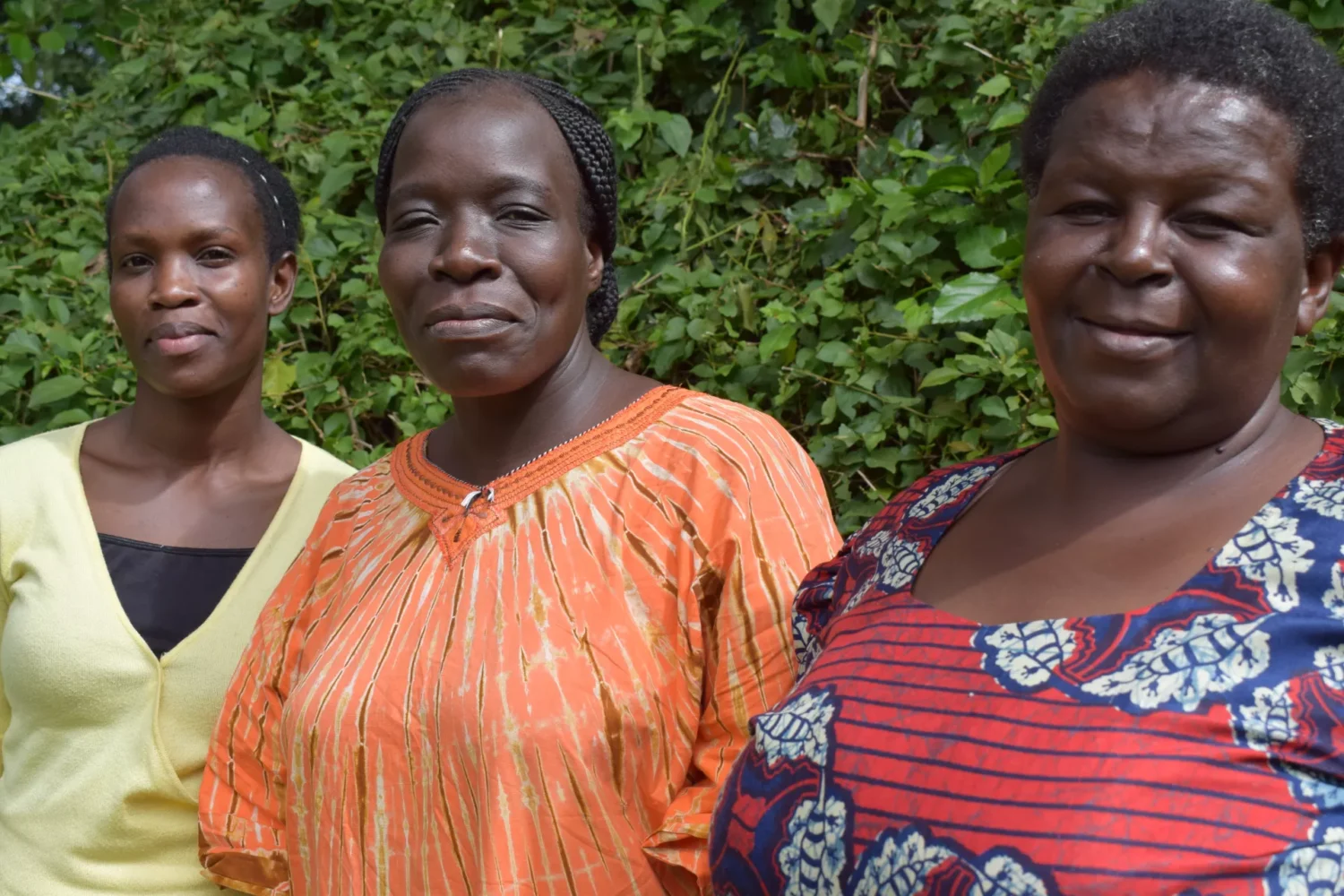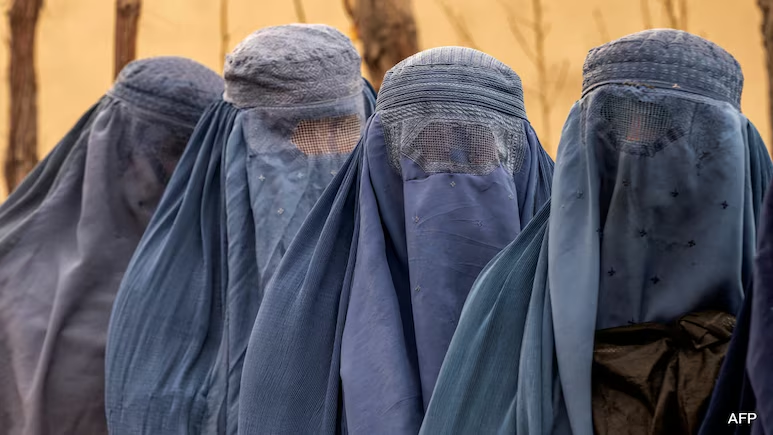On March 21, 2025, in Nyabisimba village, Nyamira County, several people assaulted Mellen Mogaka during the burial of her estranged husband, Joseph Osoro.
Having separated years prior, Mellen attended the funeral so her children could pay their last respects. Her in-laws forced her to spend the night locked in a room with Osoro’s body.
The following day, when she refused to perform the traditional ritual of throwing soil into the grave, several men including her former in-laws dragged her, beat her, and humiliated her.
This incident, captured on video and widely circulated on social media, sparked national outrage. Mogaka said the attackers threw her shoes into the grave and injured her during the assault. They also attacked her father, Nehemiah Matundura, during the ordeal.
Authorities responded by arresting several suspects including a pastor and a police officer and arraigned them in court.
Gender Principal Secretary Anne Wang’ombe condemned the attack, labeling it a gross violation of human rights and constitutional freedoms.
Various Kenyan communities including the Kisii, Luhya, and Luo practice a ritual where a widow throws soil into her husband’s grave.
Forcing farewell rituals through violence violates rights protected by Kenya’s Constitution. Articles 28, 29, and 45 protect dignity, humane treatment, and marriage with free consent.
Mogaka’s case underscores the urgent need to reevaluate cultural practices that infringe upon individual rights.
As Kenya progresses, it is imperative to distinguish between cultural heritage and harmful traditions. Ensuring that customs do not violate human rights is essential for a just and equitable society.
THE BURDEN OF WIDOWHOOD
Across Kenya’s diverse communities, widowhood is often more than just a period of mourning, it is a test of endurance, silence, and survival. In some cases, it marks the beginning of spiritual, emotional, and physical abuse masked as tradition.
HUMAN RIGHTS VS. CULTURE: A COLLISION
Kenya’s Constitution (2010) is clear: every individual has a right to dignity, security, property, and freedom from discrimination.
Yet, in many parts of the country, customary law continues to override constitutional protections, especially in cases where women lack education or legal representation.
Sexual cleansing, for example, is not only inhumane, it is illegal under the Sexual Offences Act. Forcing a woman into marriage with a relative of the deceased is a violation of the Marriage Act (2014), which upholds free and full consent in marriage.
The Law of Succession Act guarantees widows the right to inherit property. In-laws evict thousands of women every year, often just days after burial, denying them their rightful inheritance.
Although cultural identity holds value, communities must never use it to justify violence especially against women. Mellen Mogaka’s case has become a symbol of why harmful widowhood rituals must end.












